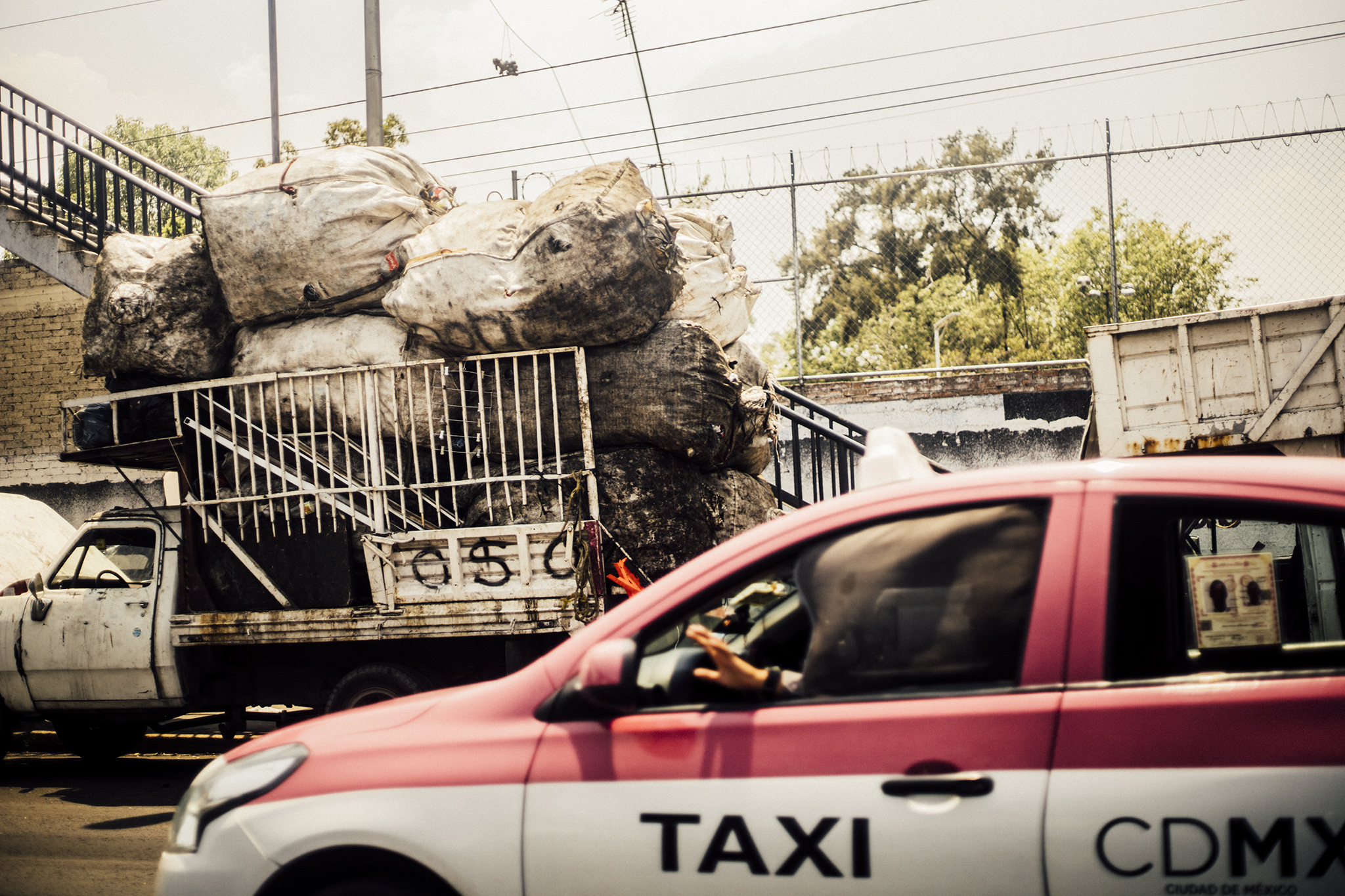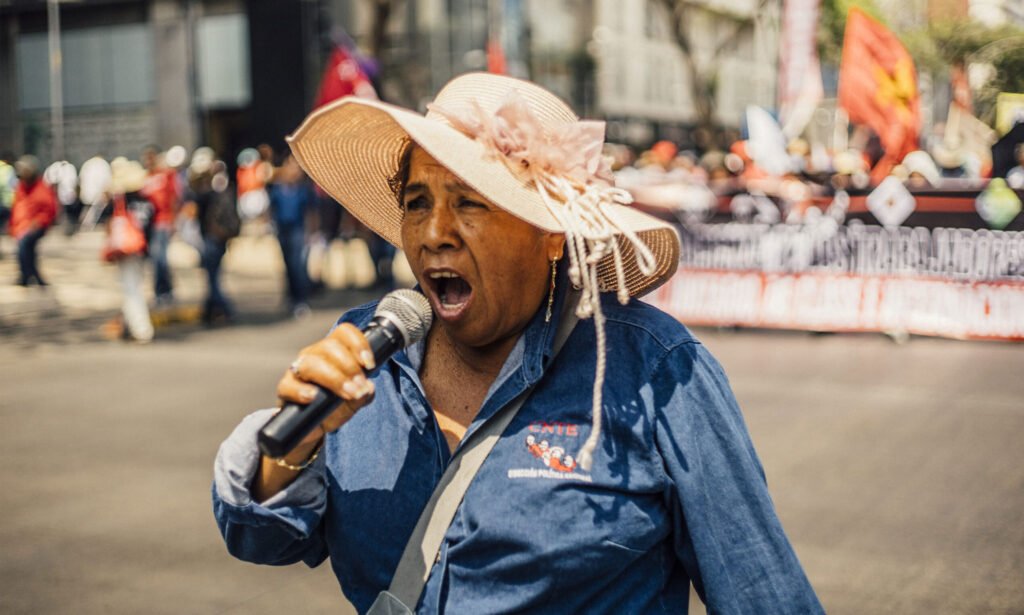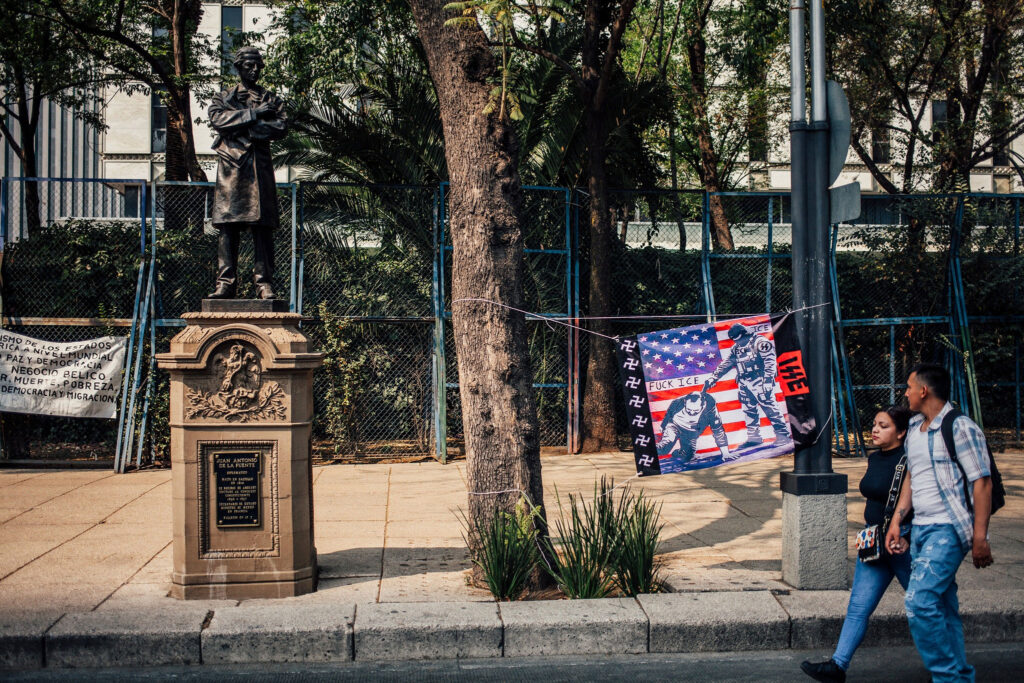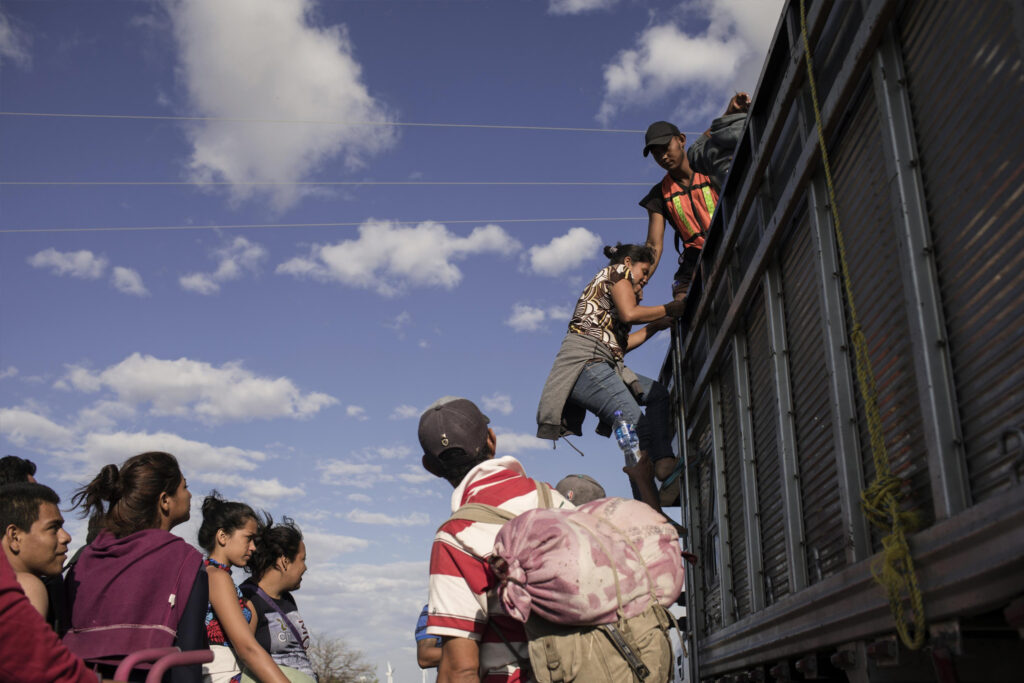Waste Separation Mandatory in Mexico City as of January 2026
This article by Rocio Gonzalez Alvarado originally appeared in the October 9, 2025 edition of La Jornada, Mexico’s premier left wing daily newspaper.
Mexico City. Starting January 1, 2026, garbage separation will be mandatory in Mexico City, with the goal of recycling or reusing 50 percent of the 8,600 tons of solid waste generated daily.
After installing the governing body of the newly created Integrated Waste Management Agency, Mayor Clara Brugada noted that only 15 percent of the garbage is properly separated, while the rest ends up in landfills or in the streets and ravines.
“Every piece of waste we throw away has a direct impact on the air, water, and land. Therefore, we believe that with good organization, awareness, and determination, we can transform this challenge into a great opportunity to build a cleaner, more equitable, and sustainable city,” she said.
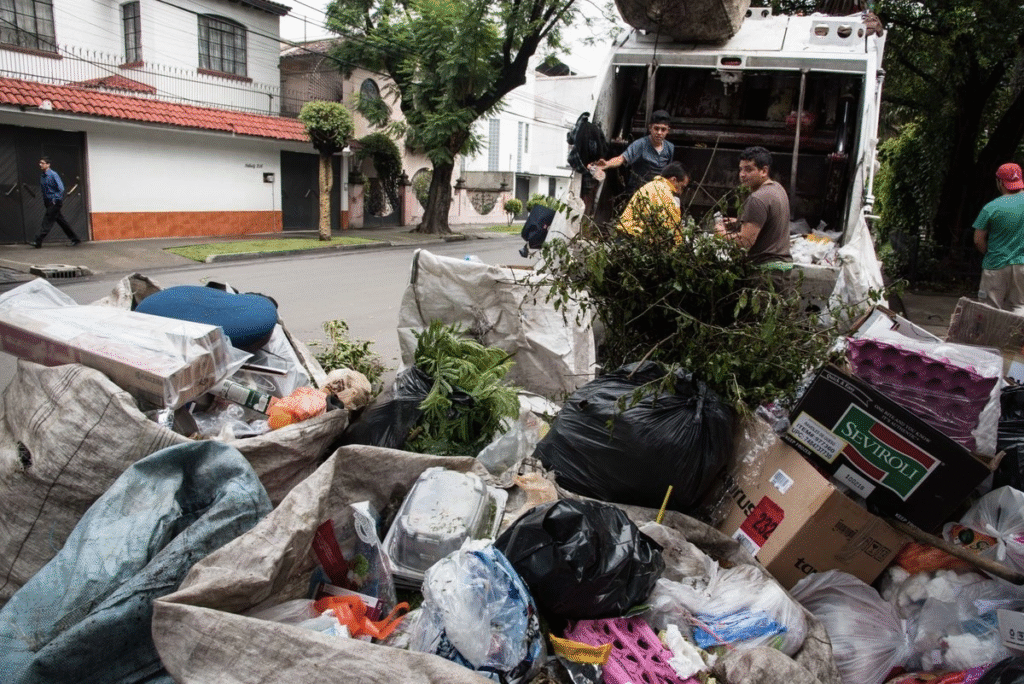
Brugada noted that through the Transform Your City program, each trash in its place, a new waste separation scheme will be implemented into three categories: organic waste, recyclable inorganic waste, and non-recyclable inorganic waste.
Therefore, she added, organic waste will be delivered to the waste collection service on Tuesdays, Thursdays, and Saturdays; recyclable inorganic waste on Mondays and Wednesdays; and non-recyclable inorganic waste on Fridays and Sundays.
That is to say, we are guaranteed that here we have that on Tuesdays, Thursdays and Saturdays, starting January 1st, organic waste will be delivered to the cleaning service on Tuesdays, Thursdays and Saturdays: food scraps, gardening scraps, etc.
Brugada indicated that for the remainder of the year, there will be an education and outreach campaign so that people know how to separate their waste. In this strategy, she assured that there will be ongoing coordination with the mayor’s offices and key stakeholders, such as the sanitation workers themselves, to ensure differentiated and efficient collection throughout the city.
She indicated that an investment of 250 million pesos is planned for the purchase of transportation for the street cleaning service under a half-and-half scheme. “For every truck the municipalities acquire, the City government will provide another,” she promised.
With these actions, Mexico City’s head of government noted, the plan is to increase inorganic waste management by 50 percent and leverage organic waste to generate more than 400,000 tons of compost, recycle 100 percent of construction waste, and reduce the amount of garbage sent to landfills by half.
-
CNTE Announces 72 Hour National Strike & March to Mexico City’s Zócalo
The class-conscious teachers union will also make “courtesy visits” to the embassies of countries who committed atrocities against Iran, to show their rejection of US imperialism.
-
Yet Another Mexican Citizen Dies in ICE Custody
The unidentified victim is the 9th Mexican citizen to have been killed in ICE detention since the beginning of 2025; this time in Adelanto, California.
-
Let’s Talk About Migration: Trumpist Persection
Millions of women who have endured unspeakable violence on their migration journey are now being persecuted in the United States by an extremely xenophobic and misogynistic government, led by Donald Trump,

